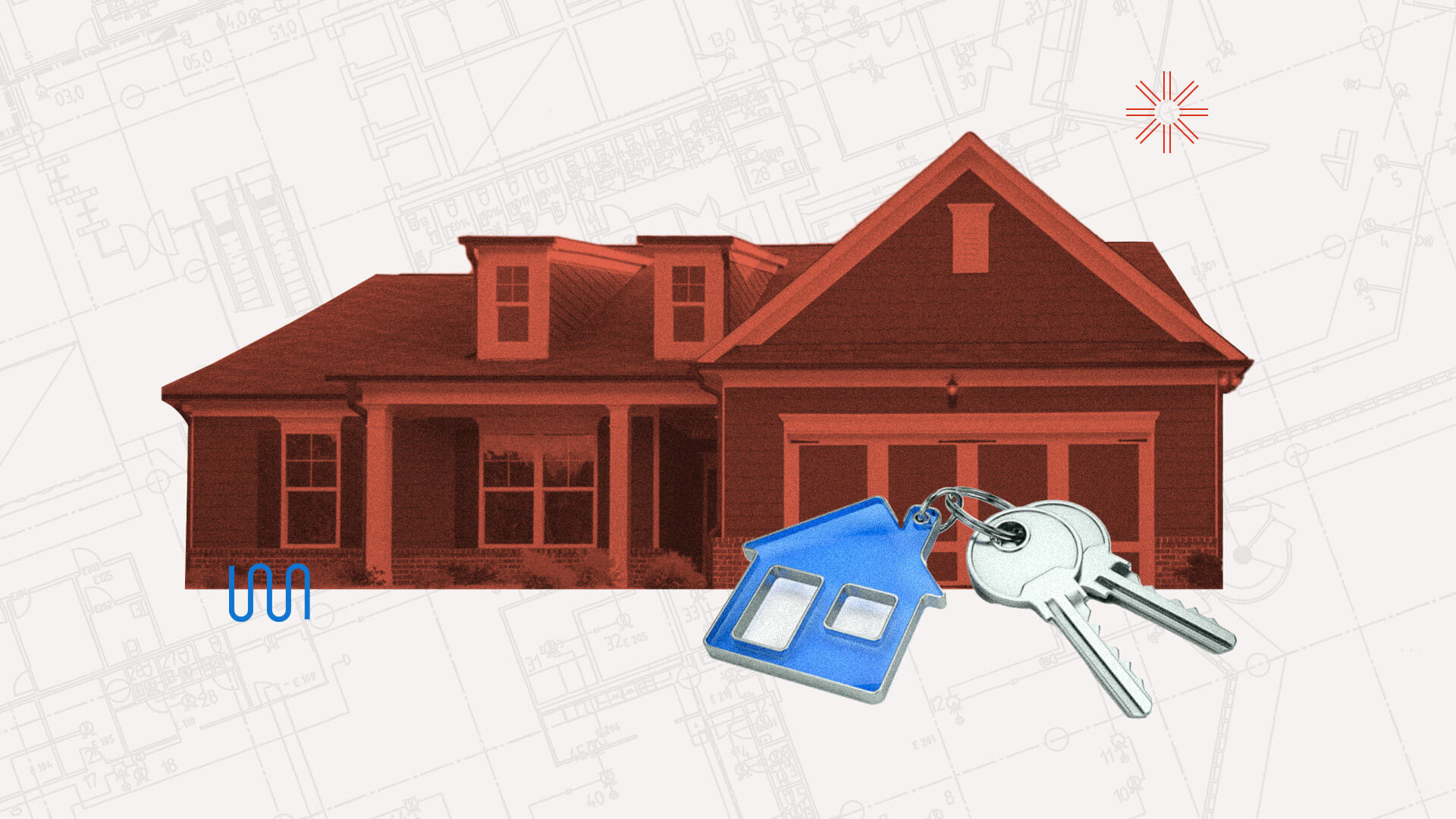
The average mortgage closing requires an enormous amount of signatures from buyers, sellers, agents, lenders, and more. In California, the typical mortgage closing requires 108 signatures and initials from buyers and a whopping 136 from sellers. In addition to the many documents that need to be signed to close on a mortgage, there are also typically 8-12 “notarial acts” - documents that must be signed in front of a notary. Add to that all of the signatures that agents and homebuyers must go through in order to place an offer, accept an over, provide a deposit and plan the closing — in short, it adds up fast.
Mortgage closings in particular present a major opportunity to embrace electronic document signing. For an in-person “wet” closing, each paper needs to be in place and all parties must be physically present for every document to be signed. And for every notarization required, an additional step, and person, must be present to carry out the procedure.
While this cumbersome process was the industry norm for decades, if not centuries, digital innovation is bringing big benefits to real estate transactions. With the pandemic forcing many processes online, there has been a huge increase in digital mortgage closing (eClosings), and a major element of that process is electronic document signing.
Electronic document signing
Electronic document signing (also known as eSignature) is the digital equivalent of an ink signature on paper.
Now, electronic document signing is a widely accepted practice, and is becoming common across a variety of business processes, from legal contracts to bank documents to insurance documents and more. Many states are starting to see a large increase in the number of electronic signatures in real estate transactions. They’re being used for buyers to sign off on offers, sign real estate contracts and for mortgage closings. Electronic signatures are a foundational element to moving real estate transactions online.
Real estate agents need to embrace e-signatures as part of the home buying process, as many homebuyers have already become comfortable with the concept and are eager to move cumbersome processes to the digital world. While there are many benefits to using electronic document signing for homebuyers, agents and other parties involved, agents should be prepared to help homebuyers through the shift so that they not only feel comfortable with the online process, but are also aware of the implications of using eSignatures.
The benefits of electronic document signing
Using electronic document signing for mortgage closings and other parts of the home buying experience unlocks a host of benefits:
- Convenience: Electronic document signing allows parties to sign from a remote location, whether they are out of town or on vacation.
- Speed: With so many signatures and initials required in the home buying closing process, providing an eSignature option can dramatically speed up the process.
- Accessibility: With an electrically signed mortgage, documents are filed online and are much easier to access, copy and send as needed compared to a paper copy.
These benefits are universal for all parties involved, which makes it that much more important for real estate agents to embrace and encourage electronic document signing. Agents will find that they are spending less time sorting through paperwork, less time in real estate closings, and that they are dealing with fewer errors. What’s more, eSignatures improve the flexibility of the process so that scheduling signings when someone is remote doesn’t slow down the closing. Ultimately, it all translates to faster closings.
How agents can make the most of electronic document signing
All of the benefits of electronic document signing — speed, convenience and accessibility — also mean that real estate agents need to educate their homebuyers. In some cases, people take “wet” signatures more seriously, are more inclined to read through documents and better remember the signing process later on.
It is important to remind homebuyers to follow the same due diligence with electronic signatures. Make sure that they realize the importance of the documents they are signing even though it is easy to simply scroll down to the bottom and click “sign.” Remind them that their eSignatures are seen as valid and binding, just like an ink and paper signature.
With these reminders in place, agents can reap the benefits of electronic document signing while avoiding any unnecessary headaches later on. In fact, eSignatures make “later on” much easier, as documents are just a click away.


